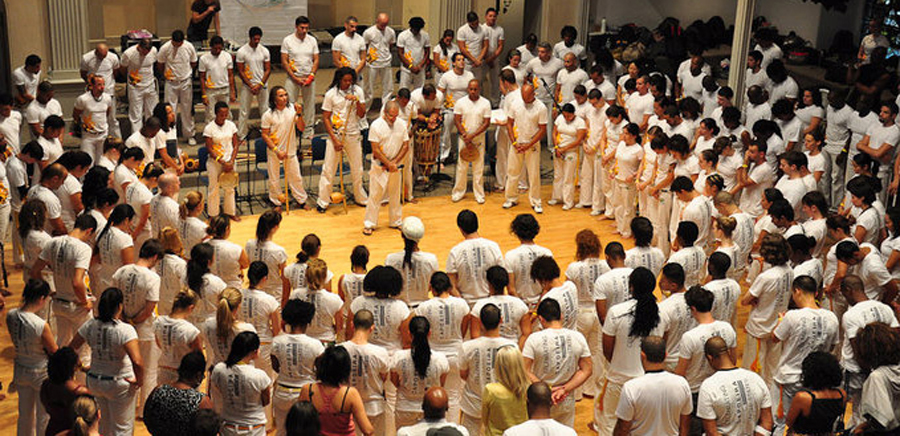
In Shipshewana this past week, I had classrooms full of students. Before the lecture or session would begin, I would chat up the ladies in the audience. It’s nice to get to know people and breaks the ice a little bit.
I would say “Hi!” and they would say, “Hi! I watch you every week!” and I would say, “Yes, and I watch you every week,” because it’s funny to tell people that I can see them from inside the television. Then I would say, “What’s new?” and they would say what’s new and then they would ask, “What’s new with you?” and I would tell them that I moved to New York City. Then they would say, “Wow! Cool!” and then, invariably, “How come?”
“For love!” I would declare brazenly. Now, even though most people light up when you say you’ve done something for love, they still want to know you haven’t lost your mind. So I usually say I moved mostly for love but also for work reasons, and then I add the fact my older sister has lived in the East Village for over fifteen years and that I know New York City pretty well. Everyone feels a little relieved that I have family here and that there are reasons other than young Russian love for me to uproot my life and move to a city perpetually threatened by natural disaster, contagion, and terrorism.
This post is about going to watch my sister Nan practice capoeira on Friday night.
Nan used to be an experienced Brazilian jiu-jitsu star, but now she’s a fledgling Brazilian capoeira star. Jiu-jitsu was starting to take its toll on her body and she was a little burnt out, honestly, though I’m not sure she’d say so. But she is a talented combat-sport athlete, so when she left the body-slamming sparring sessions of jiu-jitsu, she didn’t go eat bonbons. No, she alighted to the New York Capoeira Center on the Lower East Side and proceeded to fall in love with the sport/game/dance/meditation that is capoeira. Yuri and I went to watch her and her class and it was extraordinary.
Capoeira has a fascinating, if spotty, history in the world; spotty because the art of capoeira has been concealed out of necessity and therefore not a lot has been written down about it from decade to decade, century to century. The bones of the story are this: millions of African slaves were brought to Brazil by the Portuguese beginning in the 1500s. From the motherland (the exact regions of Africa are speculated about but non-verifiable) slaves brought music and dance that then mixed with the people already living there.
The practice is part dance, part aerobic exercise, and part game, with people kicking, sweeping legs, and moving arms and feet in a perpetual, languid motion while repetitive music is played (think gourds and tambourine.) But capoeira is also part martial art, and that’s the incredible part. Those African slaves in Brazil were steadily developing a rather deadly form of self-defense disguised as this dance/game, practicing those pretty leg sweeps and languid moving arms with a secret purpose: to kick serious a** when necessary. People who saw the slaves practicing capoeira called it “the zebra dance” (the capoeiristas who really know what they’re doing absolutely look like zebras, back-kicking and going up on two legs and fiercely prancing around, defying gravity) and onlookers thought it was really beautiful and weird-looking — until they were knocked out, literally, by a zebra kick to the solar plexus. I read one thing that said a village defended itself for centuries against attackers using capoeira and left the enemies dazed, confused, and extremely injured or dead.
There is so much to say about capoeira. I can’t possibly give you a real history on it in a single blog post. But I can tell you that my sister Nan is so good at it and watching that room full of people dance, sweep, kick, go low, jump high, and sway, sway, sway to that tribal-sounding music (played live by a group of three people, one of them being the instructor) was beautiful. Yuri and I both were transfixed, sitting there on the bench, and we both had a profound New York moment: they do capoeira in a lot of places in the world, but the diverse group of people we were watching Friday night could only be zebra dancing together, here, like that, right then.
By the way: in 1889, Princess Isabel signed “The Golden Law,” that marked the official end of slavery in Brazil. We should be happy that there was a Princess Isabel, that her law was so gorgeously named “The Golden Law.” We should be horrified that that didn’t happen until 1889.
Long live the zebras.
